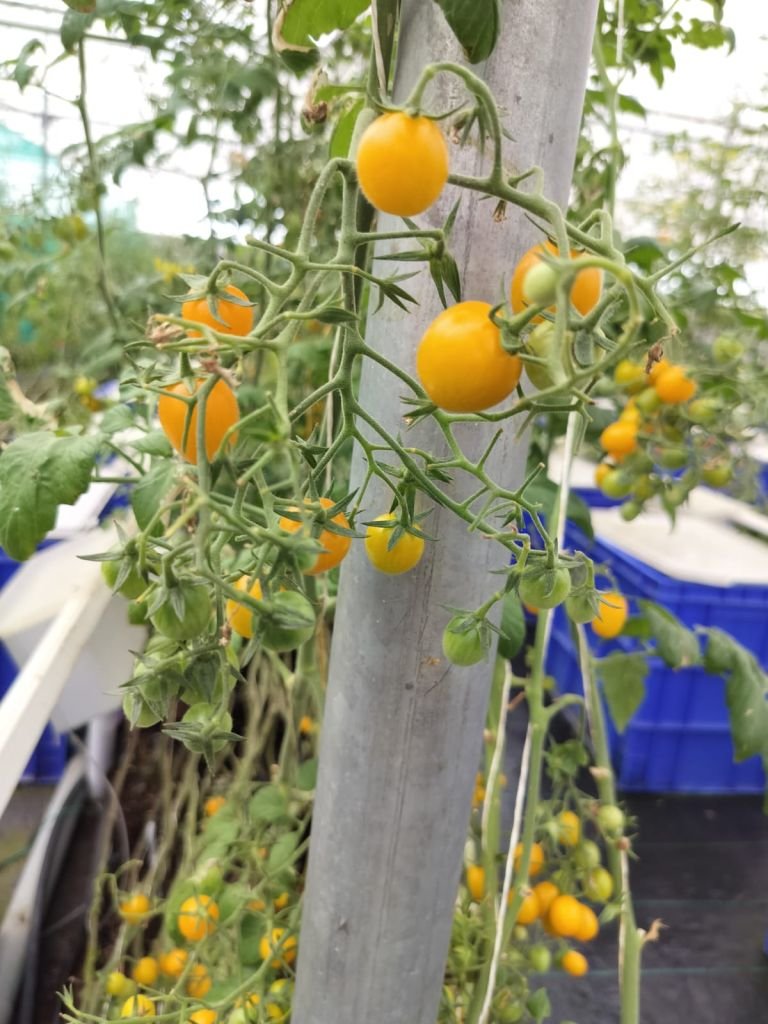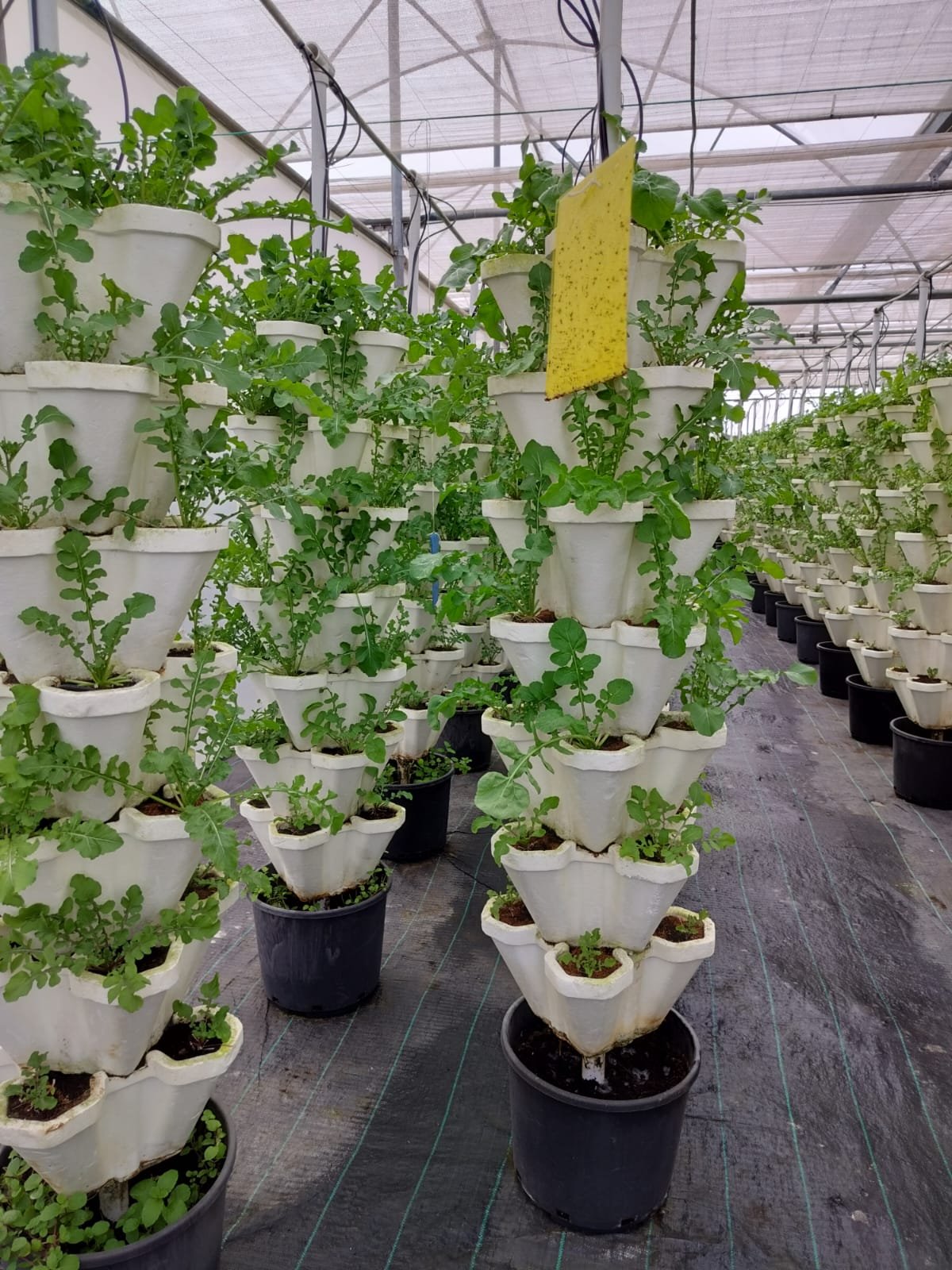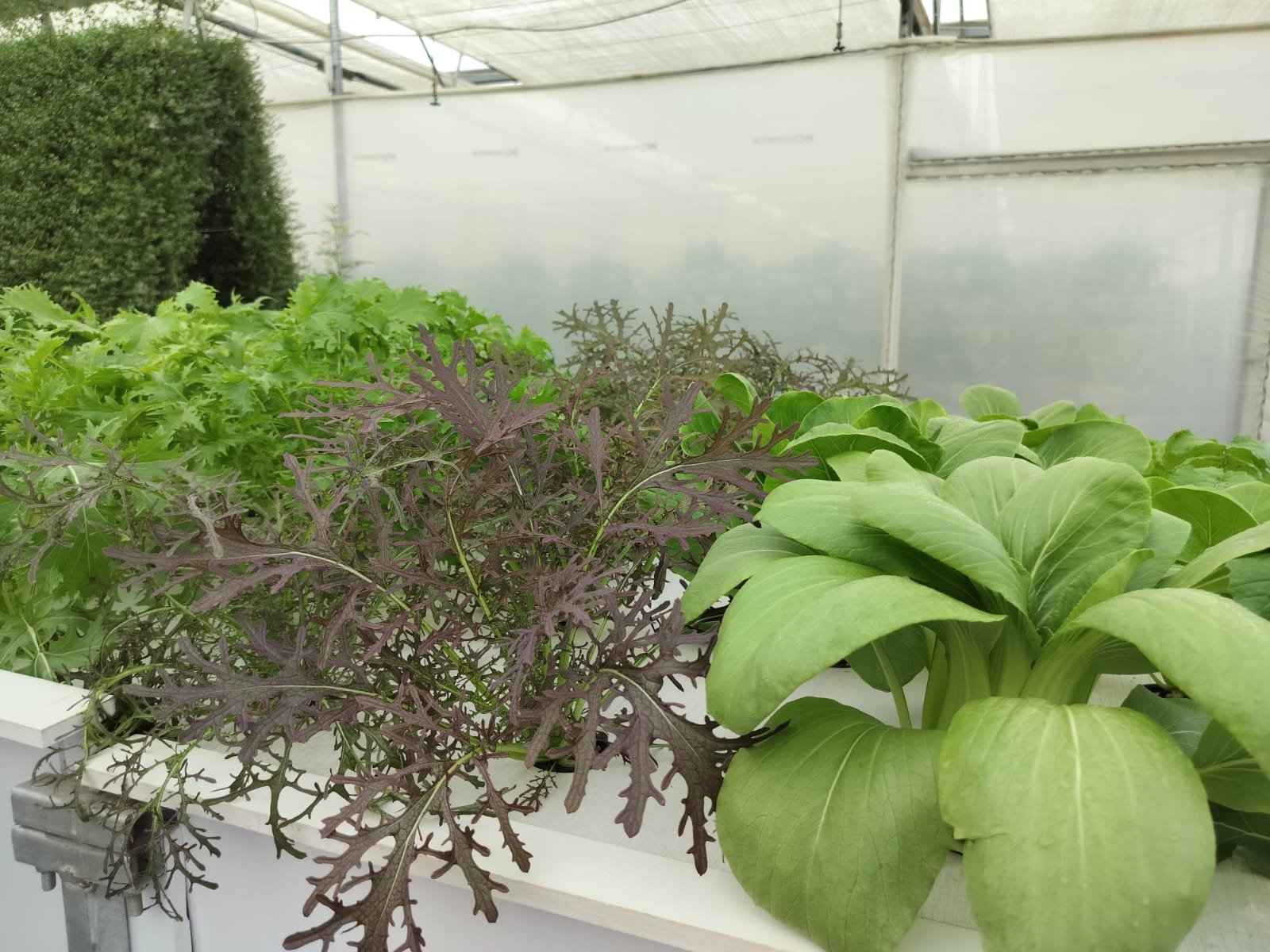As our cities expand and urbanization accelerates, the need for sustainable food production becomes more critical. Traditional agriculture faces challenges such as limited land availability, water scarcity, and soil degradation. In this context, hydroponics emerges as a game-changer, especially for metropolitan areas. Let’s explore how hydroponics is revolutionizing urban farming.
India’s hunger statistics are alarming, yet paradoxically, we waste a significant amount of food daily. As cities become the epicenter of consumption, they also contribute to food wastage. The Ellen MacArthur Foundation highlights that cities often act as “black holes,” consuming resources but inefficiently managing them. Hydroponics offers a solution by bridging the gap between urban demand and sustainable production.
The Rise of Yaari Hydroponics
Yaari Hydroponics, based in Mulshi, Maharashtra, India, is a trailblazer in the hydroponics industry. Let’s delve into what makes them stand out:
- Mission and Vision: Yaari Hydroponics aims to empower urban farmers by promoting modern hydroponic farming methods. Their vision is to combat malnutrition and support a growing population through sustainable crop production.
- Quality Crops: The company provides high-quality seeds, precise water management, and essential nutrients to ensure optimal plant growth. From leafy greens to flavorful herbs, Yaari Hydroponics cultivates a diverse range of crops.
- Innovation: Yaari Hydroponics continually explores innovative techniques, such as vertical hydroponic systems and deep water culture (DWC). These methods maximize space utilization and enhance crop yields.
Yaari Hydroponics employs various hydroponic systems, each with its unique features:
Water Efficiency : In a country where groundwater resources are depleting, hydroponics stands out. It uses up to 90% less water compared to traditional soil-based farming. The magic lies in the oxygenated nutrient-rich medium where plants grow. Without soil, there’s no need for chemical fertilizers, making hydroponics both sustainable and organic.
Space Optimization : Urban land is scarce and expensive. Hydroponics allows us to grow food vertically, indoors, and even on rooftops. Imagine setting up a hydroponic system in your apartment or office—no need for vast farmland. The ease of installation and dismantling makes it accessible to urban dwellers.
Higher Yields : Hydroponics eliminates weeds, soil-borne diseases, and pests. Plants grow faster, and you can harvest multiple times a year. Whether it’s leafy greens, herbs, or strawberries, hydroponics ensures consistent yields. Plus, it’s a boon for busy city dwellers who want fresh produce without the hassle of traditional farming.
Personal Hydroponics Kits : Several companies in metropolitan cities like Delhi, Bangalore, Hyderabad, and Pune facilitate personal hydroponic farming. These kits are user-friendly, allowing you to grow your own food at home. Imagine plucking basil leaves from your balcony or enjoying crisp lettuce from your kitchen garden.
Large-Scale Hydroponic Labs : Beyond personal kits, urban entrepreneurs are exploring large-scale hydroponic setups. These labs can supply fresh produce to restaurants, supermarkets, and communities. Imagine vertical farms in skyscrapers, producing food sustainably while reducing transportation costs..

Challenges and Opportunities
Awareness
Educating urbanites about hydroponics is crucial. Workshops, community gardens, and awareness campaigns can bridge the knowledge gap.
Government Support
Policies that incentivize hydroponic farming, subsidies, and research funding can accelerate its adoption.
Collaboration
Farmers, scientists, and urban planners must collaborate to integrate hydroponics seamlessly into cityscapes.
Hydroponics isn’t just about growing plants; it’s about nourishing our cities. As we reimagine urban spaces, let’s embrace this soil-less revolution. Whether you’re a curious urbanite or an aspiring farmer, hydroponics offers a fresh path toward food security. Let’s cultivate a greener, smarter future—one nutrient-rich drop at a time!






